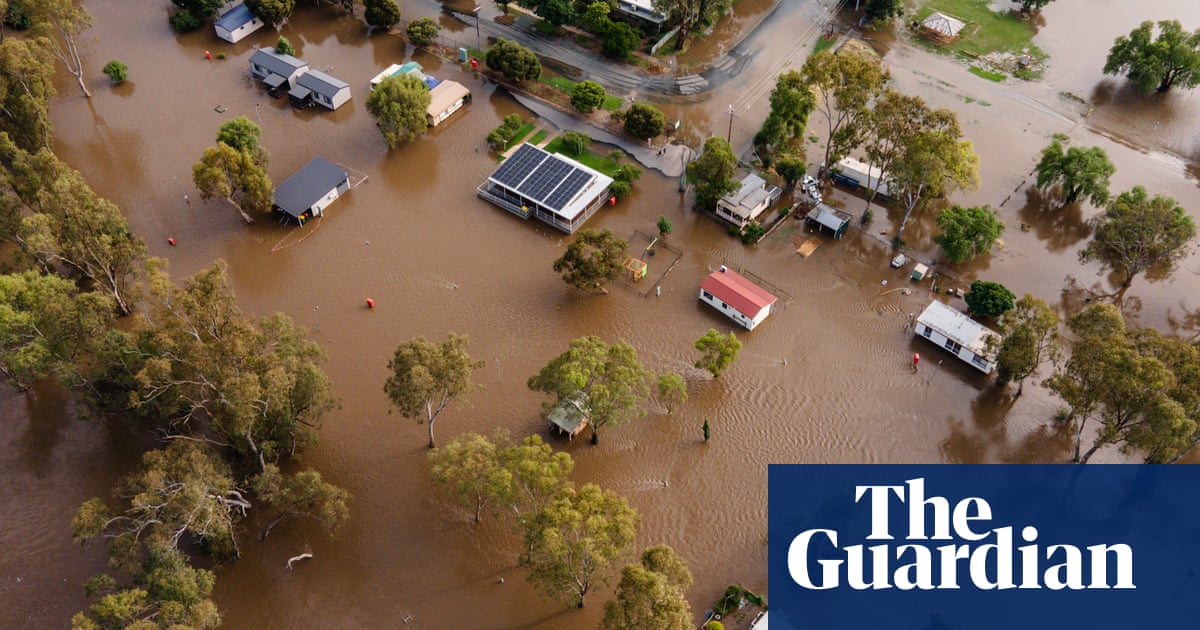The World Meteorological Organization (WMO), has issued a ‘red alert’ on climate crisis, following the revelation that 2023 was the hottest year on record.

Also Read: Iceland in State of Emergency, Fourth Eruption in Three Months
The agency’s State of the Global Climate report, released on Tuesday, shows the planet’s current situation, with record-breaking increases observed in greenhouse gases, land and water temperatures, and the melting of glaciers and sea ice.
According to the report the global average near-surface temperature in 2023 soared to 1.45 degrees Celsius above pre-industrial levels, with a margin of uncertainty of 0.12 degrees Celsius.
This places the world close to breaching the crucial 1.5 degrees Celsius limit set by the Paris Agreement, a threshold deemed essential for averting the most catastrophic impacts of climate change.
The report warns that if urgent action is not taken to curb greenhouse gas emissions, temperatures will continue to rise.
The consequences of this warming are already evident across the globe. Glaciers monitored since 1950 have experienced their most loss of ice on record, while both Antarctic and Arctic sea ice have reached lows.
Extreme weather events such as floods, droughts, wildfires, and tropical cyclones caused problems on every continent.
The rise in temperatures is existing inequalities, as witnessed by the increase in food insecurity and population displacement.
The number of people classified as “acutely food insecure” has more than doubled since before the COVID-19 pandemic, reaching a 333 million in 2023. This human cost underlines the interconnected nature of the climate crisis and social injustice.
Also Read: New Zealand: Scientists Discovered 100 New Marine Species
The report offers a hope in the form of renewable energy. The capacity for wind, solar, and hydropower surged by nearly 50% in 2023.
The year 2023 has been officially declared the hottest year on record, surpassing previous records by a huge margin.
The global average surface temperature soared to 1.45 degrees Celsius above pre-industrial levels. Moreover, the 12-month period from March 2023 to February 2024 exceeded the critical threshold of 1.5 degrees Celsius reaching an average of 1.56 degrees Celsius higher.
Carbon dioxide levels are now 50% higher than pre-industrial levels, trapping heat in the atmosphere and contributing to further warming.
Glaciers monitored since 1950 experienced the loss of ice on record threatening freshwater reservoirs essential for human survival.
Additionally, Antarctic sea ice retreated to its lowest level ever recorded, exacerbating sea level rise and coastal erosion.
Also Read: World’s Oldest Fossilized Forest Dating Back 390 Million Years Discovered in UK
Climate change has intensified extreme weather events worldwide, including heatwaves, floods, droughts, wildfires, and tropical cyclones.
These events have caused problems on communities, causing devastation, displacement, and economic losses.
Ocean heat content reached its highest level on record in 2023, exacerbating sea level rise and threatening coastal communities worldwide. Over 90% of ocean waters experienced heatwave conditions.
The WMO report issues a “red alert” to the world, addressing the critical need for immediate action to address the climate crisis.
Urgent measures are required to limit planetary warming to no more than 1.5 degrees Celsius above pre-industrial levels, as outlined in the Paris Agreement.
Failure to act swiftly will have catastrophic consequences for humanity and the planet. Oceanic heat content has surged to high levels fueling sea level rise and the vulnerability of coastal populations.
With over 90% of ocean waters experiencing heatwave conditions, marine ecosystems face an existential threat.
As the WMO issues a resounding “red alert” to the world, the imperative for collective action has never been clearer.
Urgent measures are required to limit global warming to within 1.5 degrees Celsius, as outlined in the Paris Agreement.
Also Read: West Sumatra: 21 Killed in Floods and Landslides in Indonesia





















